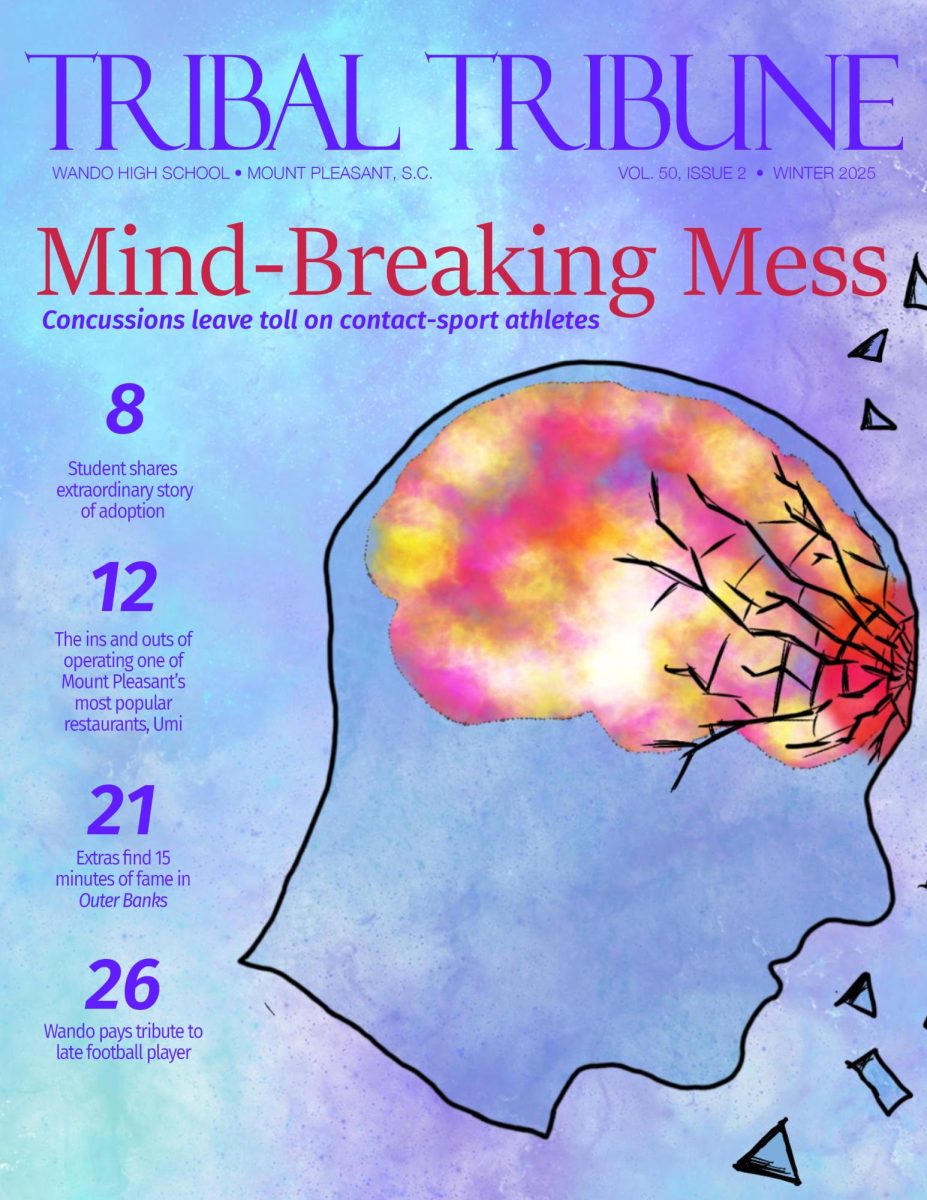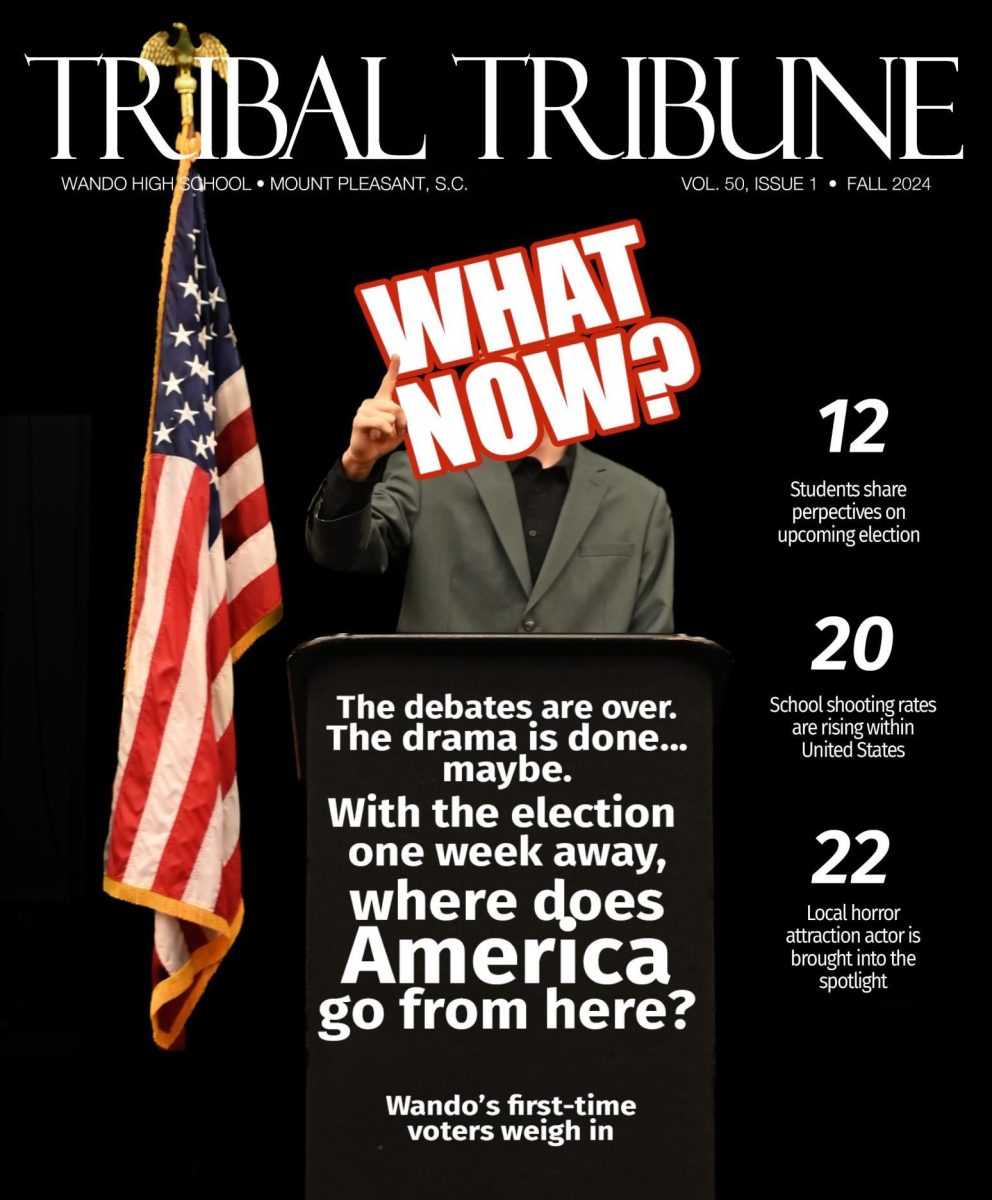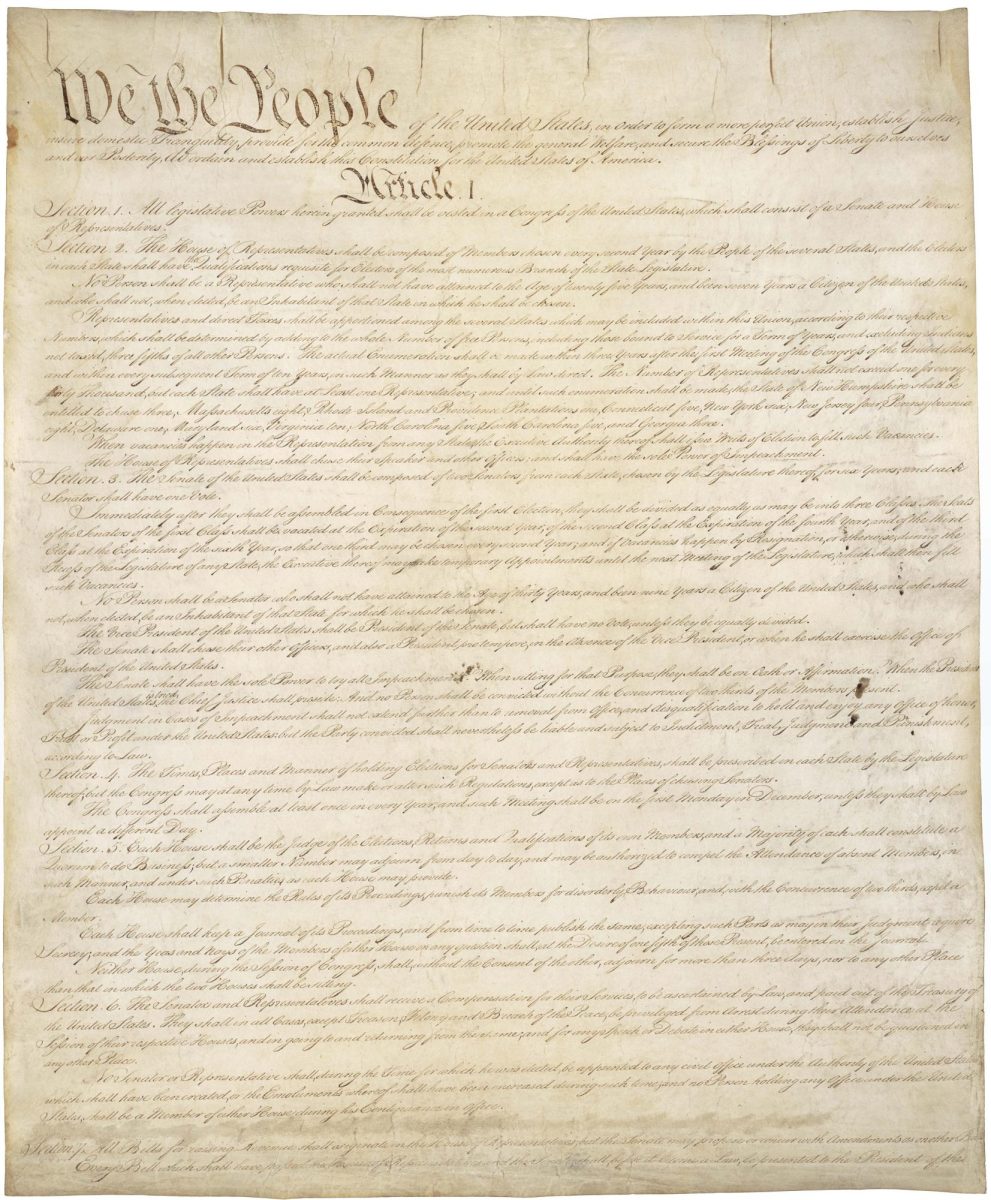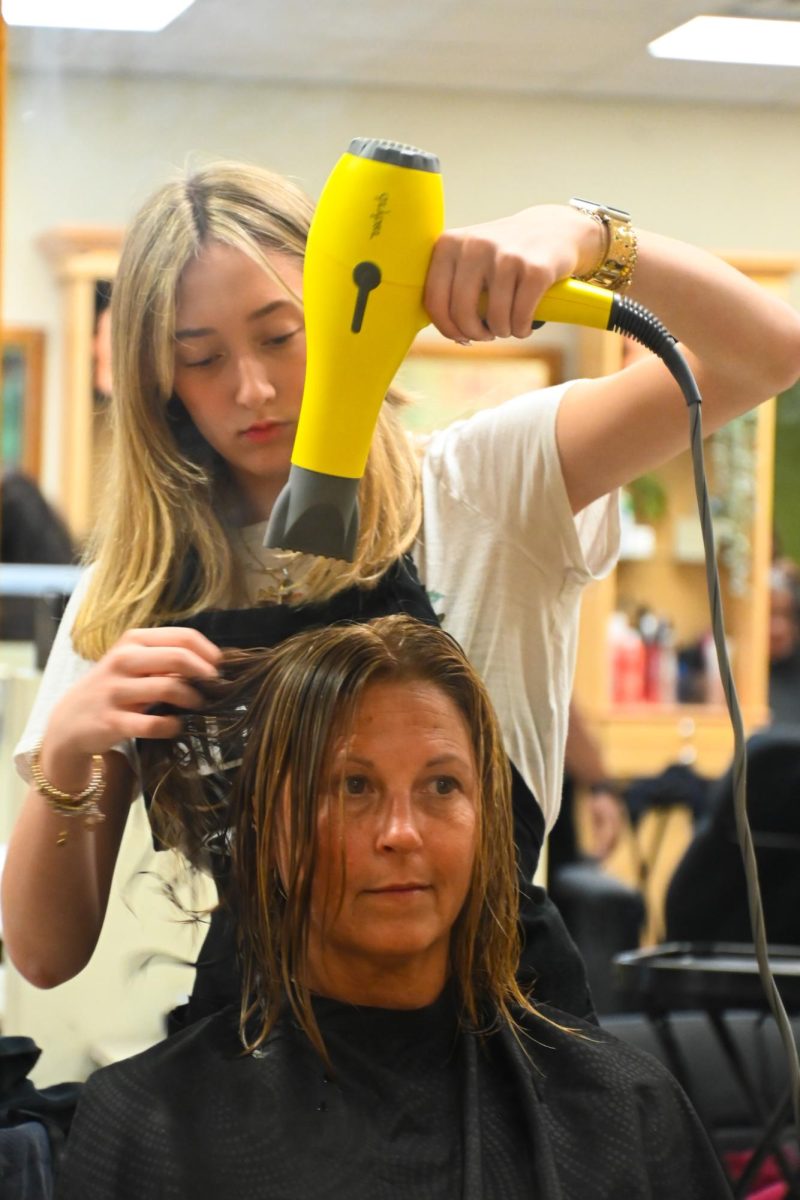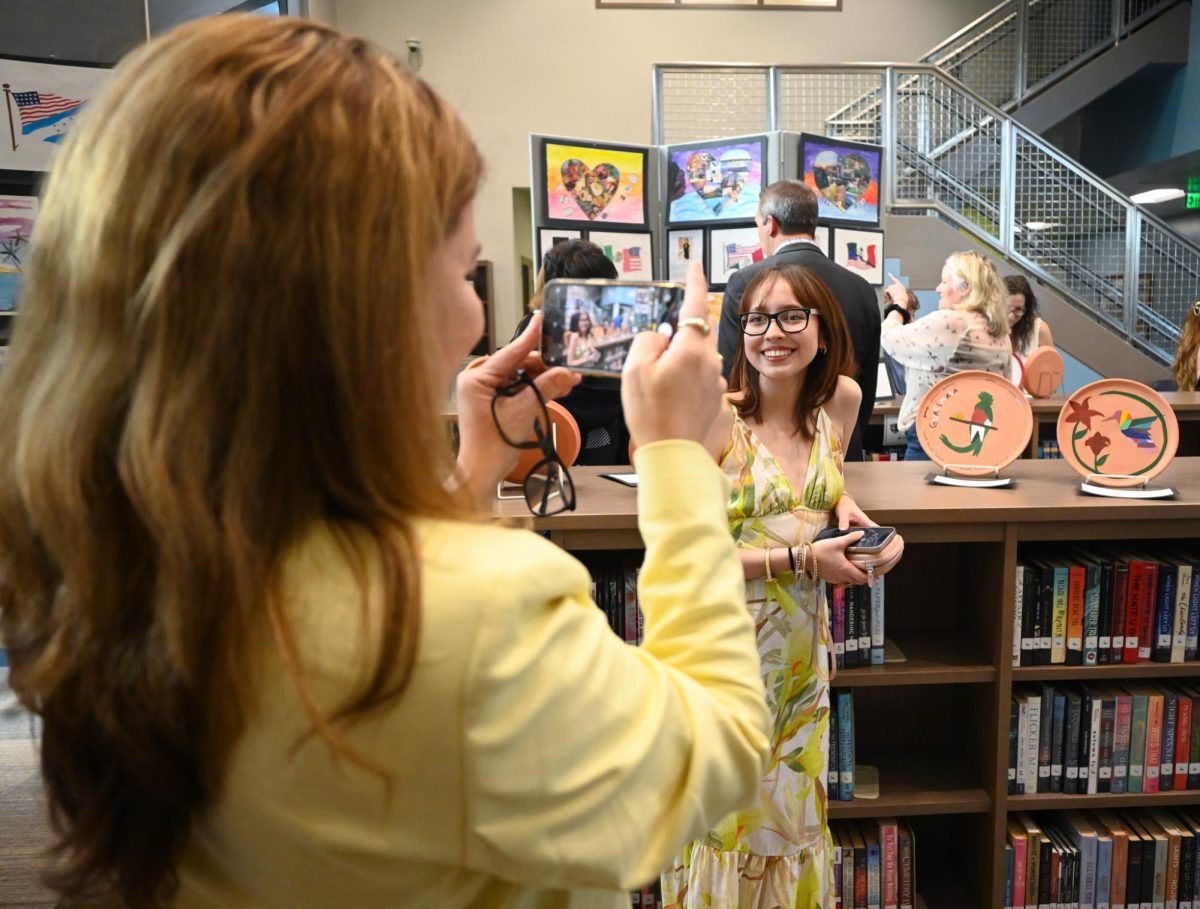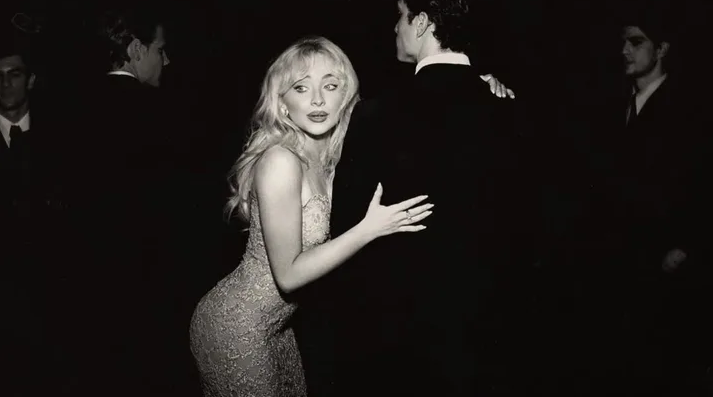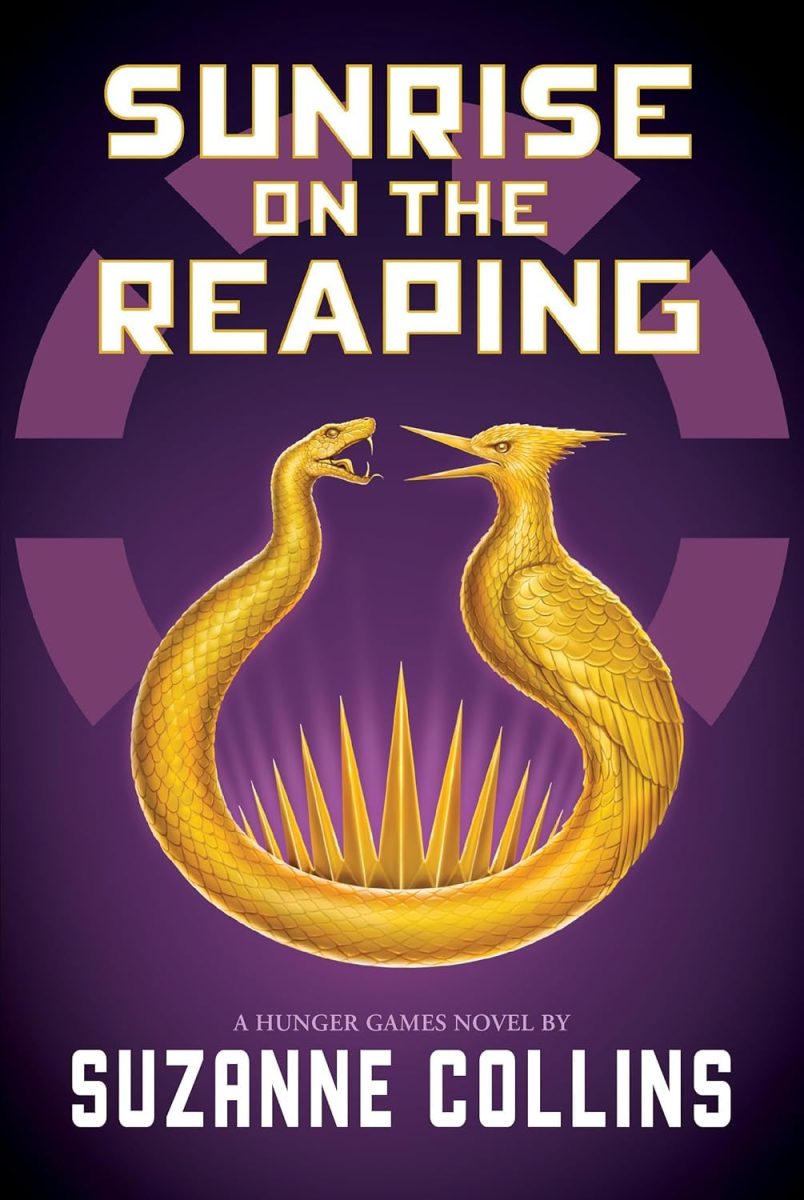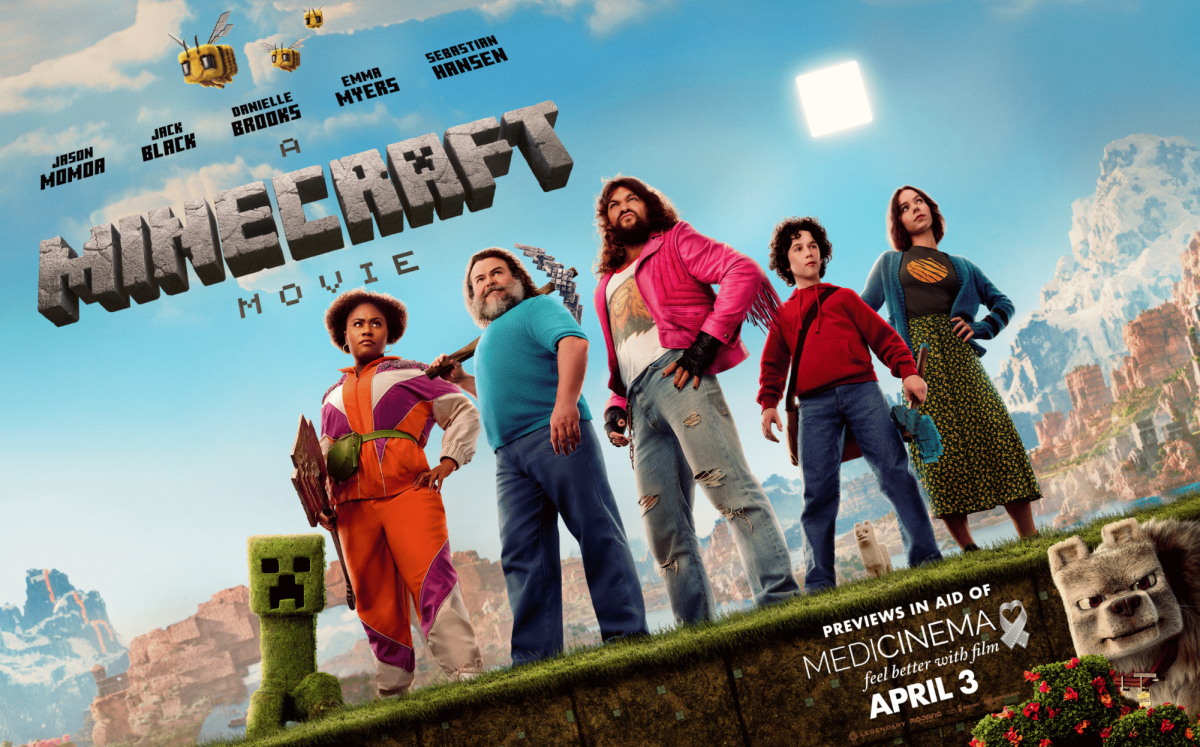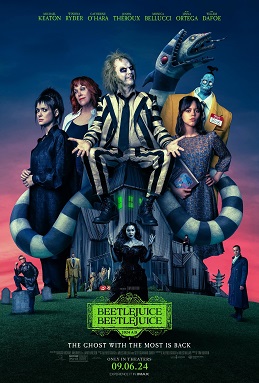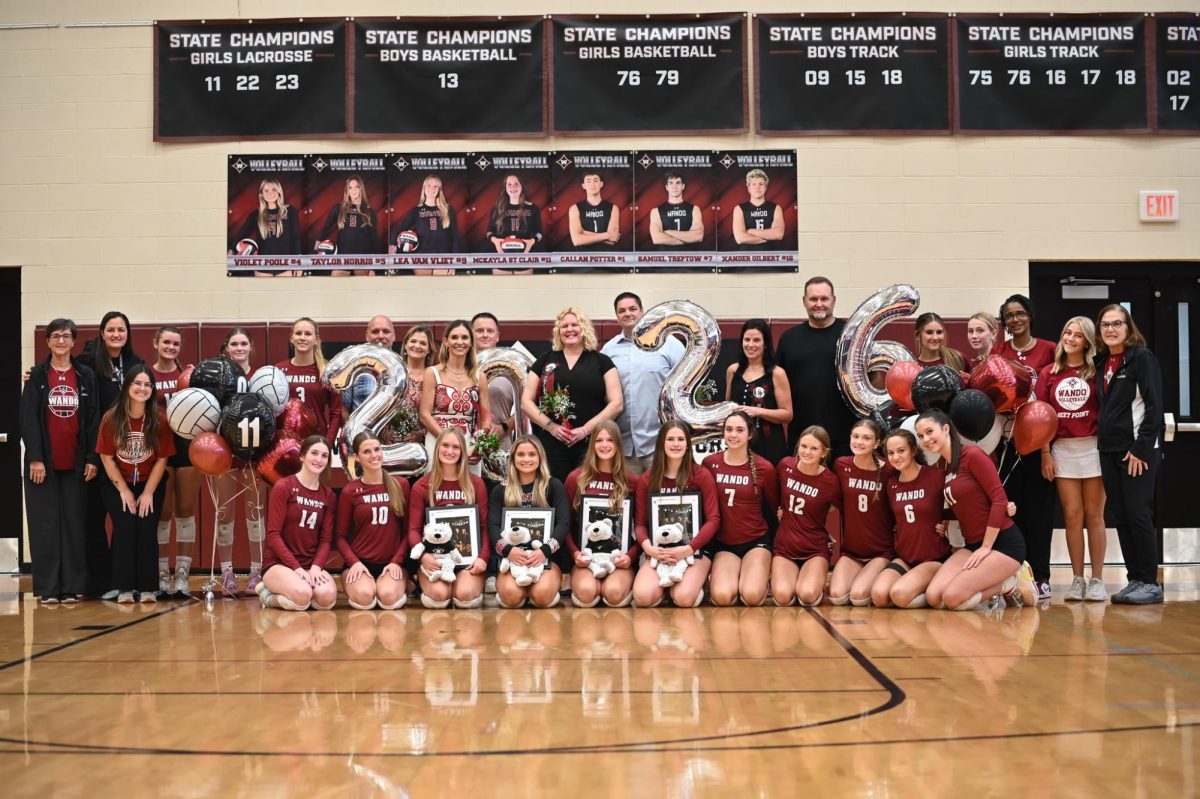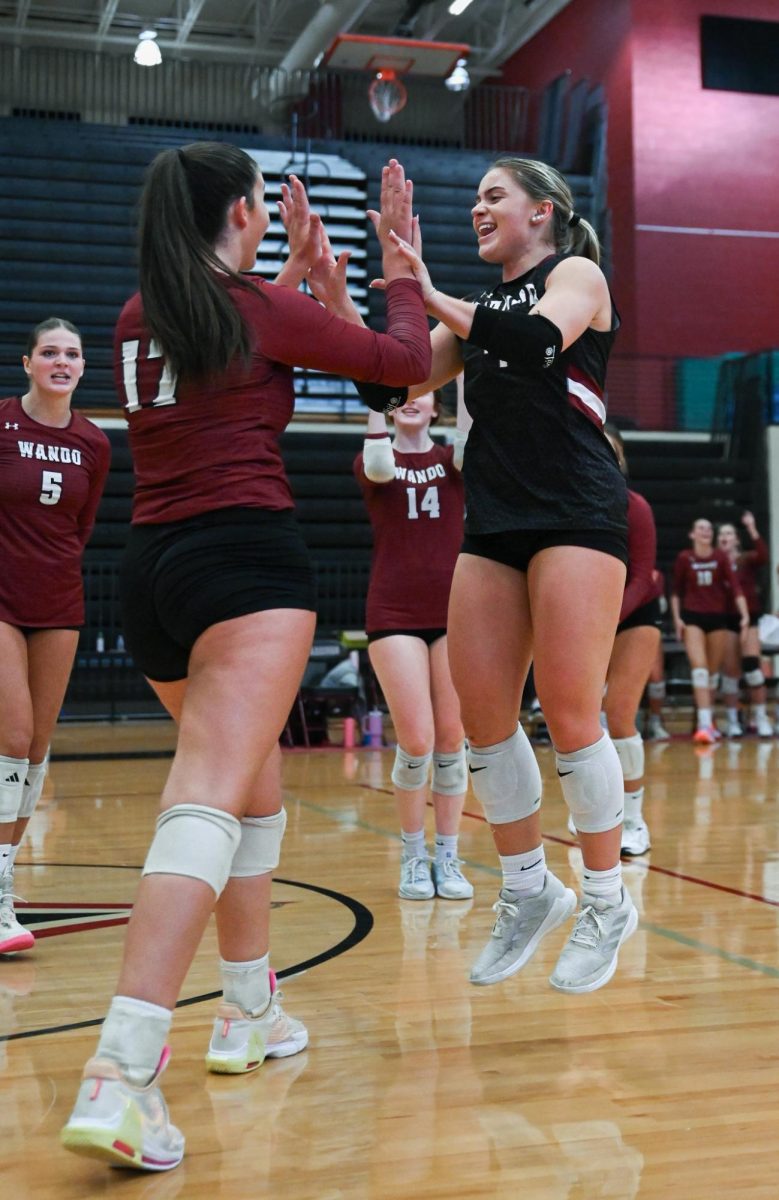United in unemployment, hundreds of Hollywood actors are gathered at picket lines protesting for the security of their jobs.
The Screen Actors Guild-American Federation of Television and Radio Artists have been on strike since July 14 and have joined the Writers Guild of America strike that started May and just ended on Sept. 24.
Actors and writers of Hollywood were protesting against a continuous and increasing labor dispute with the Alliance of Motion Picture and Televisions Producer. With the rising usage of streaming services and Artificial Intelligence, actors and writers in the entertainment industry demanded higher pay and security of their jobs.
Senior Lucas Barker, actor in A24 film “Tragedy of Macbeth” (2021), shares his personal perspective as a working actor on the strikes.
“The big thing with the strike is the streaming. The streaming payment is significantly less than anything on network TV or in theaters and I think it’s been a longtime coming for this sort of thing. Also a big factor in it is the AI and the replacement of actors in the industry, which I think is kind of crazy and it’s a real threat,” Barker said.
Streaming services that are tied with the AMPTP have shifted the way studios produce by shortening season run-times and limiting writers’ involvement on set. This has resulted in a decreased pay, forcing actors to seek income elsewhere, including Barker.
“Usually, when you sign a contract for a network TV or a movie, you have a certain amount of residuals percentages that you’re gonna get and whenever something goes on Netflix, or Apple TV, those residuals always dropped, like a significant amount,” Barker said.
Despite the fact that the WGA has come to an agreement with AMPTP, the 146 days of writers protests could not measure the decades worth of silent mistreatment they faced in the industry.
“The writing strikes are really interesting, because they happened a bit before the acting strikes went on and I think the problems in the writing industry of the wages and the treatment have been going on for a lot longer than a lot of the things going on in the acting world,” Barker said.
Now that the writers can return back to work with a guarantee of job security, it is the actors turn to receive justice. Even though Barker is not able to be physically present in the protests for actors, he still continues to try his best to be supportive of those who are marching in Hollywood.
“I haven’t been able to go to picket lines… I’ve been actively talking about it with friends and some people in the industry just trying to get the word out,” Barker said.
Although Barker fully supports the protests, he also wishes for a quick solution as all jobs in the entertainment industry, not just actors and writers, who are consistently losing income.
“I hope that it does end soon because this strike is going to be hurting a lot of jobs like set dressers, wardrobe, hair and makeup. There’s so many jobs that go into making one production and because there’s no actors, no writers right now, none of that is happening. I do hope it ends soon so people can get back to work,” Barker said.
Similarly, senior Andrew Mallin also believes that the rise of artificial intelligence will only lead to an extensive loss of jobs for everyone involved in the entertainment industry.
“Completely eliminating the creative aspect and the writer part of it and just making content like generated on its own, which I think is a cool idea, but that’s going to leave thousands and thousands of people unemployed,” Mallin said. “They can’t work their jobs and they can’t pay rent and for necessities and I just think that’s concerning. I just hope the studios take the humanity approach.”
It may seem like actors live a wealthy and luxurious lifestyle, yet almost all of the actors who are on strike are forced to work multiple jobs to keep a financially stable income.
“Only 1 percent of the people who are striking actually would make a sufficient living only on acting. Everyone else has to find other jobs and other things to do with their life in order to make ends meet,” Mallin said.
Theater teacher Clyde Mosel said the use of AI cannot grasp nearly the amount of creativity the human brain can when it comes to the actual writers.
“One of the things that we do in the entertainment industry, which is one of the oldest professions, is to be able to tell stories and share experiences. A computer program can’t do that. A computer program didn’t fall off their bike and scrape their knee, and then that traumatic event is what influenced them to write a hit TV show due to their stress and abandonment issues,” Mosel said.
As a result, Mosel hopes the production companies will continue to listen to the strug- gles of the protesters in order for people to re- turn to a job where they are assured a stable pay and job security.
“My hope for the end of the strike would be for everybody to get what they’re due. No one wants to work for free and for pennies,” Mosel said. “I hope that they actually lead the charge for other organizations to really get their fair share.”



